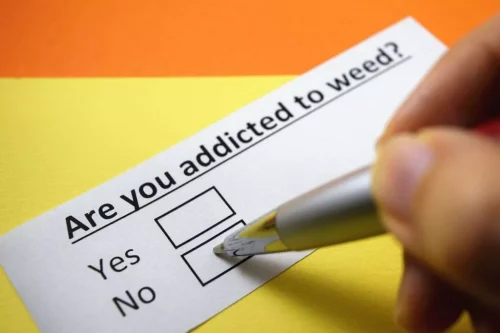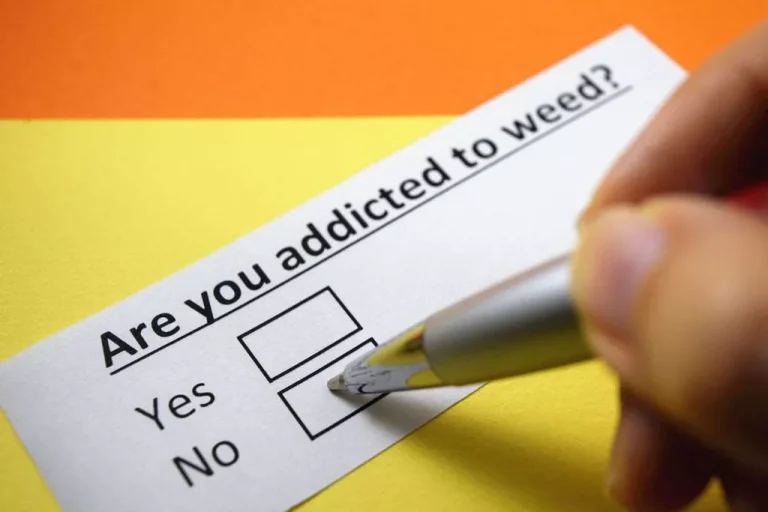
Quitting drinking may also lead to your gastrointestinal tract, eventually being able to absorb nutrients properly. If you reach for a soda or a juice where previously you’d have reached for a beer, you’ll end up consuming more calories than before. Quitting alcohol reduces the potential brain damage you get from too much alcohol. Excessive consumption of alcohol can lead to memory loss and loss of concentration. Excessive booze is also linked to Korsakoff Syndrome,, a chronic memory disorder caused by a deficiency of vitamin B-1. Cancer Network reports that 4.2% of all cancer deaths worldwide were caused by alcohol consumption.

Lifestyle Quizzes
Consider other relaxation options like a craft, a puzzle, or a warm bath. If you are a patient of Anderson’s Nutrition and you do not have a mental health provider, we can refer you to one. For example, Simon says that alcohol can affect levels of reproductive hormones like testosterone and estrogen. Alcohol is known to lower inhibitions, impairing the gained weight after drinking alcohol logical decision-making sections of your brain like the prefrontal cortex.
Sustainable Weight Loss from the Experts
- Quitting alcohol doesn’t immediately make the liver go back to normal, and the lingering effects can make you feel like you have hypoglycemia.
- Often, this is a good sign, especially if you were underweight before.
- But it’s common to maintain or gain weight too, at least at first, Ana M. Abrantes, a professor of psychiatry and human behavior at Alpert Medical School of Brown University, told Insider.
- By joining Project 90, you can regain control over your life, potentially increasing your business revenue and income.
As your gut heals, you may gain weight from increased appetite and increased food absorption. Often, this is a good sign, especially if you were underweight before. Since excessive drinking can also go along with eating disorders, weight gain might be a sign of a healthier relationship with food. Another reason that weight gain can occur insobriety is because often times heavy drinkers can have chronically low bloodsugar, which can continue into recovery.

Some people under-eat while drinking, so weight gain can be a good sign.
Don’t let fear of weight gain dampen your desire to quit drinking, if that’s an important next step for you. If you find yourself consuming more alcohol than you plan, or you feel out of control when you’re drinking, seek medical help. Keeping an eye on your drinking, along with eating healthfully and getting enough exercise, can help you prevent a beer belly.

There are so many benefits to limiting or quitting drinking alcohol to include clearer skin, better sleep, and even weight loss. Still, some people who quit drinking are surprised to find that they actually GAIN weight, which can be frustrating and confusing. If you find yourself asking, “Why did I quit drinking and gain weight? Aside from the immediate influence on appetite that comes from alcohol consumption, there are also effects on energy storage.

Gastritis: The Inflammation That Causes Alcohol Bloating
- When you start the road to sobriety, there areso many benefits that people have the chance to enjoy; From clearer skin,better sleep, clearer thinking and even weight loss.
- This program provides a comprehensive plan to help you gain long-term control over your drinking habits in just 90 days.
- Avoid high-calorie mixers; opt for seltzer or lime to add flavor without the extra sugars.
- If you find yourself asking, “Why did I quit drinking and gain weight?
- A review by Yeomans 5 highlights some of the potential explanations for alcohol’s influence on weight gain or obesity.
Thus, individuals do not appear to compensate for the added energy from alcohol in the short-term, and alcohol appears to have little effect on satiety 5. As with cross-sectional studies, the way by which alcohol intake is measured and categorized likely influences the interpretation of the results. Several studies have grouped all levels of individual alcohol intake above 30g/day as ‘heavy’ drinkers 12, 38. Conversely, other studies examined alcohol intake more thoroughly, considering frequency and amount per drinking day separately 15. French et al. 15 measured alcohol frequency ranging from 1–2 times per year to every day, while estimating the number of drinks per drinking day from 1–36. This could lead to chronic gastritis as the alcohol continuously damages the stomach lining.
Replacing Alcohol with Food and Other Beverages
You are encouraged to report negative side effects of drugs to the FDA. This excess gas could lead to bloating in the stomach and belching (burping). Beer is carbonated, so it can lead to excess gas in the stomach and bloating. Mixing alcoholic drinks with carbonated beverages (soda or seltzer) could also result in excess gas.

Affects Your Hormones
Abdominal bloating is when the stomach feels full of gas and may become distended (sticks out). The pressure or tightness in the abdomen can feel anywhere from mildly uncomfortable to really painful. Long-term alcohol use can change your brain’s wiring in much more significant ways. Ways that your standard hangover cures won’t even begin to touch. But when you ingest too much alcohol for your liver to process in a timely manner, a buildup of toxic substances begins to take a toll on your liver.
How can you get rid of alcohol bloating?
Additionally, I examine the way mental and physical health as well as our relationships with others impact the reasons people drink and their role in maintaining sobriety long-term. All of these can lead to long-term weight gain and contribute to the bloating and digestive issues that cause weight gain after a night of drinking. The good news is that it is entirely possible to stop your weight gain and develop healthier habits. I’m not advocating for eating a 100% clean diet—in fact, I hate using the word ‘clean’ or any other word that attaches negative/judgmental meanings to it—I am saying eat well as a whole. Having a glass of wine with dinner or a beer at a party here and there isn’t going to destroy your gut.
